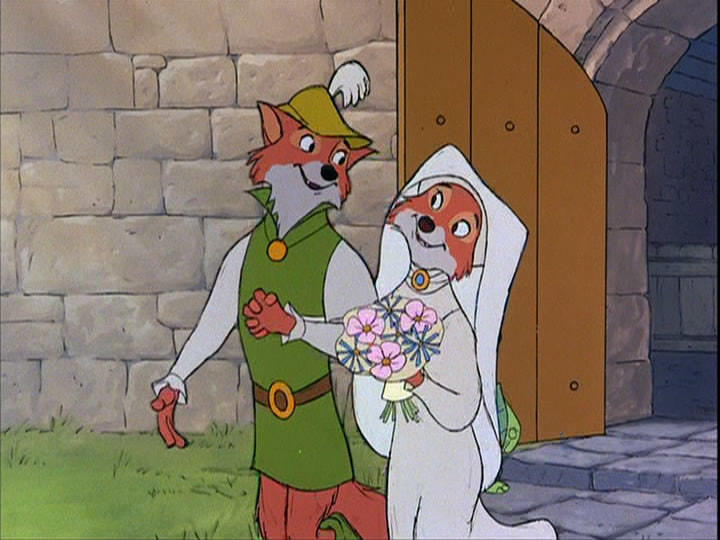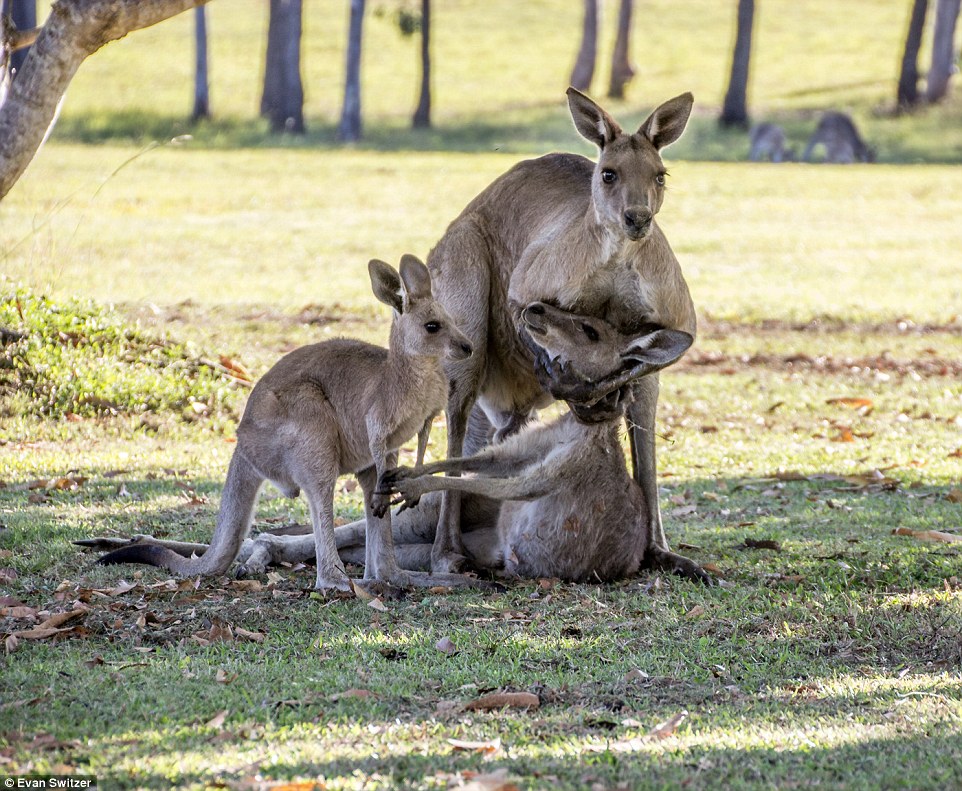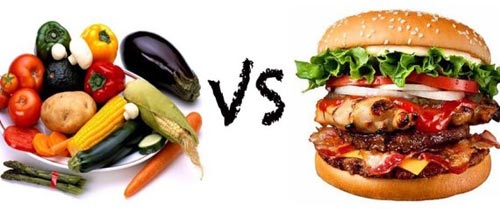|
By Abbey Greene Anthropomorphism, or the attribution of human characteristics to an animal, is a big topic of discussion for those conservation media sector. Is it a good thing? Or is it bad? Well, one thing we know for sure is that there are professionals who present both pros and cons to anthropomorphism. This idea started back when Charles Darwin published his scientific work, suggesting that there was love and joy among the animals he was studying. However, assuming that wild animals have feelings like that could hurt the way we are interact with them. “Anthropomorphism can lead to an inaccurate understanding of biological processes in the natural world,” says Patricia Ganea, a psychologist at Toronto University. “It can also lead to inappropriate behaviors towards wild animals, such as trying to adopt a wild animal as a ‘pet’ or misinterpreting the actions of a wild animal.”
“It’s almost like the internet was built for anthropomorphizing animals,” said Holly Dunsworth, an anthropologist at the University of Rhode Island. “Humans aren’t the only animals capable of forming strong bonds, but to say that the kangaroo even knew the other kangaroo was dying is beyond anything we know. No one has shown that animals understand dying or where babies come from. We can’t say they think that abstractly.” According to Dunsworth, there’s a key difference between “signals” and understanding and expanding upon ideas and abstract concepts, and that’s the difference between the way humans think versus the way animals think.
During his TED Talk in 2015, Carl Safina talks about how some reject the idea of animal emotions. “Well I think that’s silly,” he says. “Because, attributing human thoughts and emotions to other species is the best first guess about what they’re doing and how they’re feeling. Because, their brains are basically the same as ours, they have the same structures, the same hormones that create moods and motivation in us, are in those brains as well.”
Safina also speaks about how anthropomorphism has another positive: it helps people realize how harmful animal cruelty is. “If we don’t know if they can suffer or experience mental anguish like us, then great, we’re off the hook for needing to care. This makes it easier for people to ignore the suffering we might be causing.” In “When Elephants Weep,” author Jeffery Masson wrote about Alex, an African gray parrot with an astonishing vocabulary, who, when left at the veterinarian's office, shrieked, "Come here! I love you. I'm sorry. I want to go back." There is no mistaking emotion there, when it is spoken so clearly out loud for the observer to hear. There likely is no right or wrong on the subject of anthropomorphism. It’s a grey area that every storyteller tackles in their own unique way.
1 Comment
By Tara Ramsey On July 10th, the great Native American author, Sherman Alexie, came to town to give a talk for Teton County Library’s literary speaker series, Page to Podium. A novelist, poet, and screenwriter, Alexie is a storyteller above all else, and the man is a master of his art. He had the crowd howling with laugher, groaning in discomfort, and gasping in suspense; often all three in the same tangent. He poked fun at every group in the room and his humor bit like a knife that he used to dissect class and race. We laughed at ourselves, we laughed at Alexie, we laughed at America. We laughed at pain and irony and beauty. One of the biggest laughs of the night came at the expense of the vegans. “If you are a vegan… In Wyoming…” Alexie laughed, pausing for dramatic effect, “You are an asshole!” It seemed that it was the one thing the crowd could agree upon. After the laughter died down, Alexie continued, “Besides, you are only a vegan until you are hungry.” He has got a point. Having grown up as poor kid on the Spokane Reservation, Alexie knows how it feels to go hungry. When confronted with the immediate issues of racial inequality, poverty and alcoholism, riding a dietary high horse can seem comical. We face similar problems globally in the fight against climate change. Although the rate of pollution in developing countries is hugely detrimental to the health of the planet, we can hardly expect them to prioritize recycling when they are facing such problems as war, political oppression, poverty, and a lack of access to basic healthcare, education and clean water to name just a few. Alexie was also quick to point out that two thirds of the population of Jackson Hole are wealthy (the other third, he noted, are flat broke, but addicted to extreme sports) and have never had to face any of the barriers that he had to overcome as a rez kid. So why do so many affluent white people also hold so much disdain toward vegans? Why is a person’s dietary choice such a polarizing issue? On one hand, I get it. No one wants to be lectured on the environmental impacts of their cheeseburger. No one wants to feel guilty for enjoying the heavenly gift that is bacon like their father and his father before him. Not to mention that no one wants Farmer Brown to go bankrupt. In American culture, particularly out here in ranching country, eating meat is something of a religion.
Don’t worry, I am not here to try to get you to convert like some sort of vegan missionary. I’m not even vegan myself! I am a loose pescatarian. A part time vegetarian, if you will. Even so, I am reluctant to tell this to people because I do not want to face the negative stigma. I don’t want people to think that I think that I am better than them. I’m not. In order to combat climate change, we will all need to change our lifestyles. It will take a massive cultural and behavioral shift. We are going to have to change the fuel that we burn, the cars that we drive and, yes, the food that we consume. It sucks. But losing coral reefs, island nations and the the glaciers on the Tetons would suck too. In Wyoming, we also subscribe the religions of powder snow, white water rapids, and epic wildlife. This is an integral part of our culture, too. Here is the point that I am trying to get at: our culture has a very detrimental tendency to make every issue “us” versus “them”: Republicans versus Democrats, cats versus dogs, vegetarians versus carnivores…as if there wasn’t an entire spectrum of beliefs and perspectives in between. By this logic, every person of an opposing point of view suddenly becomes a threat to your belief system. An “asshole”. Before the culture as a whole begins the dietary migration to a more sustainable future, we will have to stop perpetuating the negative stigmas that are so prevalent regarding other people’s dietary choices, both from the vegan end of the spectrum and from the meat eaters. And, hey, let’s all be thankful that we live in such a privileged society that I feel the need to defend oppressed vegans. You have to admit that it is kind of funny, and if there is one thing that will unite us in this day in age, as Sherman Alexie can attest, it is a healthy sense of humor. |
Archives
March 2024
Categories
All
|
Contact UsJackson Wild
240 S. Glenwood, Suite 102 PO Box 3940 Jackson, WY 83001 307-200-3286 info@jacksonwild.org |





 RSS Feed
RSS Feed